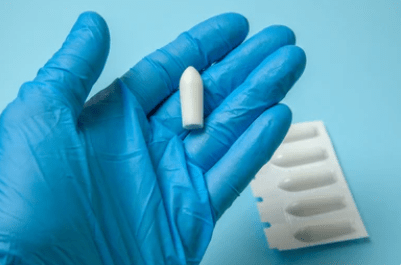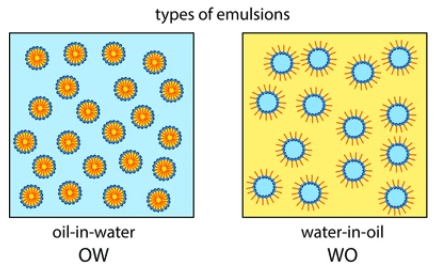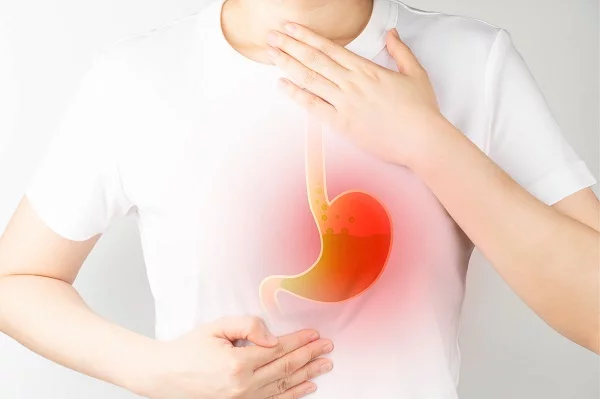Classification of suppository bases
Suppositories are solid dosage forms of a medicament for insertion into body cavities other than the mouth. They may be inserted into the rectum, vagina, or nasal cavity. Suppositories are available in different shapes, sizes, and weights. Suppositories are used to produce local, systemic, and mechanical action. Suppository Bases: These are used to prepare suppositories … Read more







